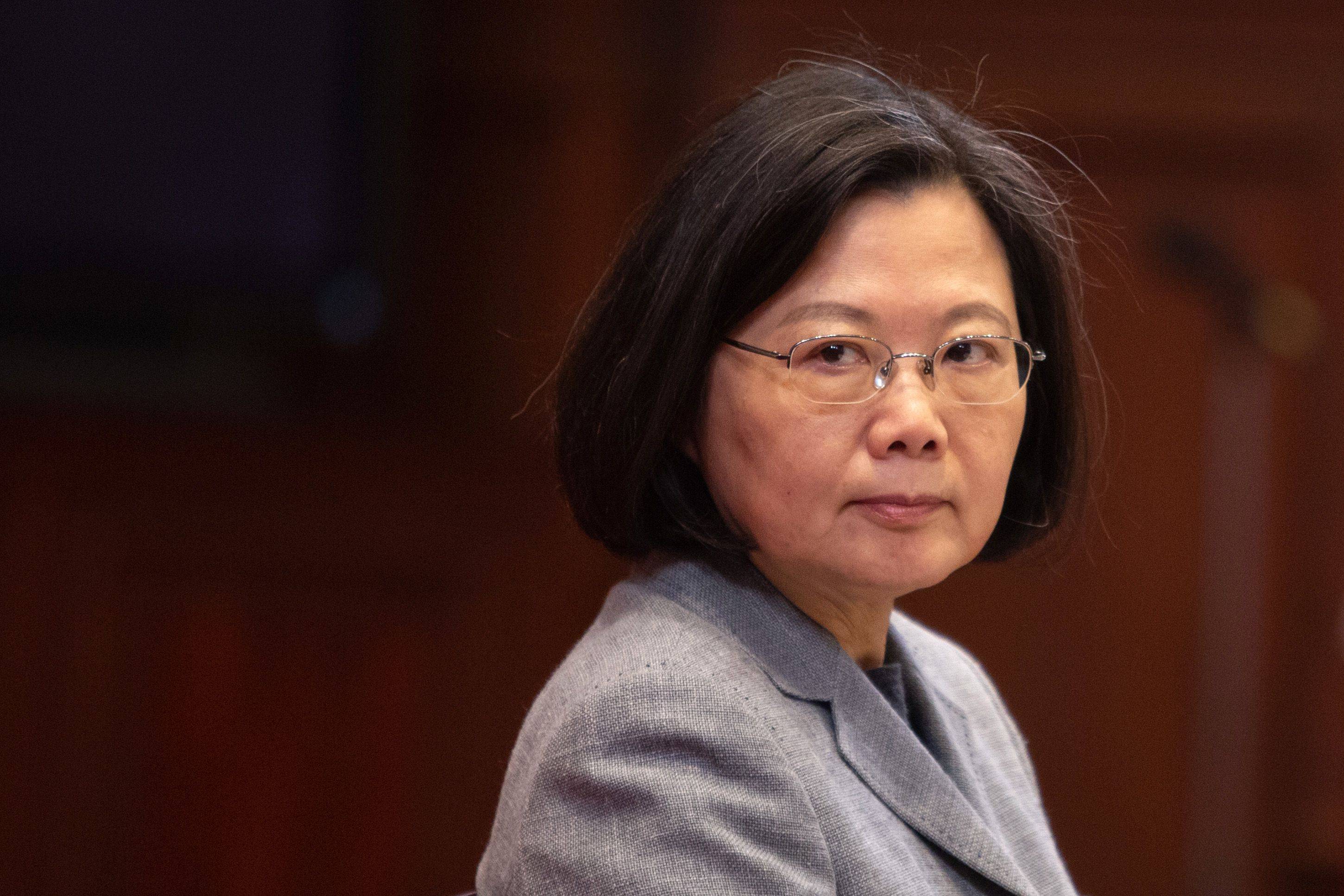Saying that China and Taiwan are "not subordinate” to each other might seem obvious, since they’ve been locked in an unresolved civil war for decades. But Taiwan’s use of those words earlier this month continues to reverberate, risking a fresh rupture in U.S.-China ties.
President Tsai Ing-wen said the Republic of China and the People’s Republic of China, as Taiwan and the mainland are officially called, are "not subordinate to each other” in a televised speech marking the island’s National Day on Oct. 10. Tsai’s camp argues she was reiterating the status quo, reflecting the fact that the Communist Party has never ruled Taipei.
To Beijing, however, that phrasing came close to reviving an idea that fueled tensions between China and the U.S. two decades ago. A spokesman for the Taiwan Affairs Office in Beijing accused Tsai of "peddling the two-state theory,” a reference to former Taiwanese President Lee Teng-hui’s policy that Taiwan and China should have state-to-state relations — something mainland state media called "a daydream.”


















With your current subscription plan you can comment on stories. However, before writing your first comment, please create a display name in the Profile section of your subscriber account page.